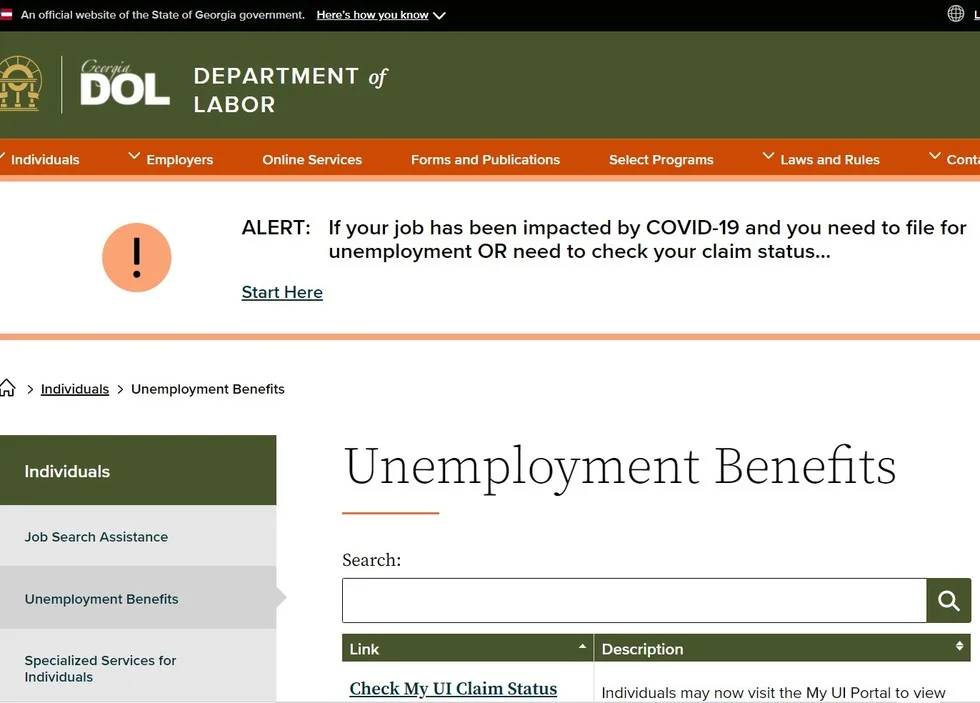If you refuse work, normally you are not eligible to receive unemployment benefits. But the U.S. Department of Labor (DOL) has informed state unemployment administrations that workers who refuse unsafe work related to COVID-19 are still eligible for expanded unemployment benefits from the federal government. On the other hand, a worker who lost a job for reasons not related to COVID-19 and can’t find work because work is scarce in the pandemic would not be eligible for the expanded federal benefits.
The DOL’s Employment and Training Administration (ETA) included this guidance in a letter it sent to state unemployment administrators on July 22. The letter answered 24 questions that states had asked related to the pandemic and the Coronavirus Aid, Relief and Economic Security, or CARES, Act. The CARES Act expands weekly unemployment benefits by up to $600 and made more workers, such as independent contractors, eligible to collect.
Here’s the rub: whether a worker who refuses work can continue to collect increased benefits under the CARES Act’s Pandemic Unemployment Assistance (PUA) program depends on what their state considers to be “safe” work conditions. The ETA stated that work falling short of state safety standards is not “suitable” work under unemployment law, so refusal does not disqualify a worker from receiving benefits.
This is a good nudge from the feds that job offers for work in noncompliant workplaces should be considered unsuitable, but it’s problematic for two reasons. First, the classification of work as unsuitable is subjective and likely will lead to inconsistent decisions at the state level. For example, Georgia code defines a few circumstances where work would clearly be deemed unsuitable, including strike, lockout, labor dispute; wages, hours or conditions less favorable than those prevailing for the area of work; or a requirement to join or refrain from joining a union. Beyond that short list of outliers, however, it’s not clear what is considered unsuitable work.
Second, “state safety standards” is difficult to define because it’s not at all clear what state safety standards are at the moment. It’s further problematic because on-site inspections are largely not happening and enforcement is virtually non-existent – after all, how can anyone enforce standards that aren’t clearly defined? Until there are clear, enforceable guidelines that can serve as a benchmark for judging workplaces that may fall short, this isn’t useful.
The letter also outlines that workers who refuse suitable work for certain virus-related reasons outlined in the CARES Act, or who decline for “good cause” under state law, may still be eligible to collect. But the letter doesn’t define “good cause.” Again, Georgia code lays out only a few limited “occurrences” that may qualify as good cause: An act of God or event beyond the claimant’s control; death of an immediate family member; personal illness or disability of the claimant or a dependent family member; or an offer to rehire the claimant into circumstances so bad that no reasonable person would return to work there. Workers who lose their jobs for reasons not related to COVID-19 and can’t find work because companies are closed or are not hiring cannot collect PUA benefits. The added benefits are only triggered by certain specific, pandemic-related circumstances outlined in the CARES Act.
The new guidance was issued 10 days before the $600 increase expires. Congress is debating a new stimulus measure that could extend the extra benefits.


